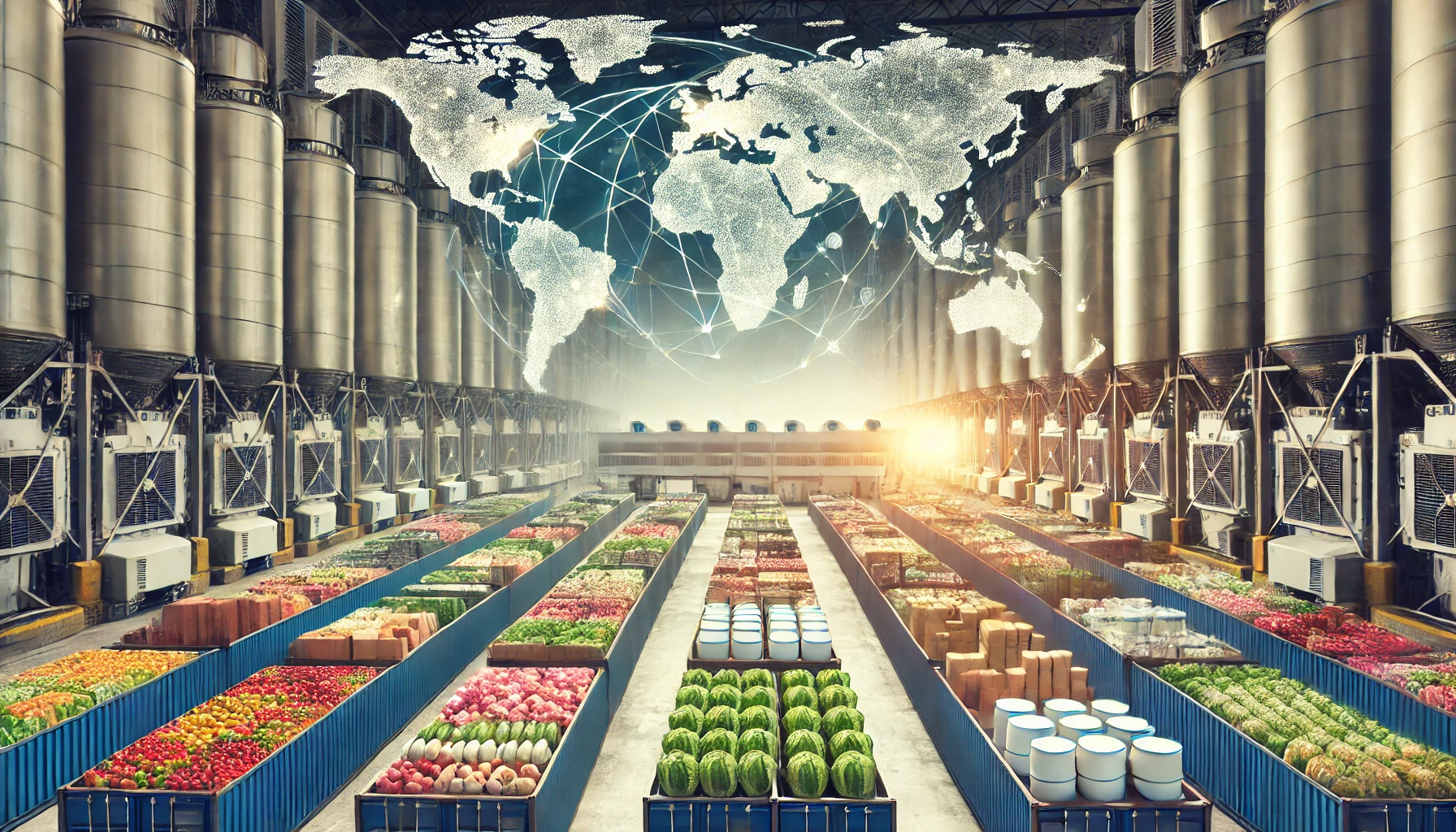Food waste is one of the most pressing challenges of our time, with over a third of all food produced globally being lost or wasted. This amounts to nearly 1.3 billion tons of food discarded annually, while millions of people continue to suffer from hunger and malnutrition. The consequences of food waste extend beyond lost resources—they also have environmental, economic, and social impacts. Cold storage solutions are pivotal in reducing food waste by extending the shelf life of perishable items, ensuring that they stay fresh from farm to table. This post will explore how cold storage facilities are crucial in combating food waste and promoting sustainability.
The Global Food Waste Problem
Food waste occurs at various points along the supply chain, from farms and processing plants to supermarkets and households. One of the major causes of waste is the lack of adequate storage facilities, especially in developing countries. Without proper storage, food is often spoiled before it even reaches consumers. In more developed nations, waste tends to occur at the retail and consumer levels, where perishable goods spoil on shelves or in households due to improper storage or over-purchasing.
How Cold Storage Helps Combat Food Waste
Cold storage addresses these issues by offering climate-controlled environments that preserve the quality of perishable goods. From the moment food is harvested or processed, cold storage ensures that temperature-sensitive products, such as fruits, vegetables, dairy, and meats, maintain their freshness. This prevents spoilage caused by exposure to fluctuating temperatures, bacteria, and moisture, which are the primary culprits behind food deterioration.
For instance, a well-managed cold chain—defined as the uninterrupted temperature-controlled distribution of products—ensures that food remains fresh throughout its journey from farms to distribution centers, retailers, and ultimately, consumers.
The Economic and Environmental Benefits of Cold Storage
By reducing food spoilage, cold storage contributes to economic stability for businesses and farmers. Producers and suppliers benefit from fewer losses and more reliable revenue streams, while retailers can reduce the amount of food that must be thrown away due to spoilage. The reduction of food waste also means lower disposal costs for retailers and municipalities, further improving economic outcomes.
On the environmental side, reducing food waste decreases the pressure on land, water, and energy resources used in food production. Additionally, less food waste means fewer emissions from landfills, where rotting food generates methane, a potent greenhouse gas. Cold storage, therefore, plays an essential role in mitigating climate change by cutting food waste and lowering carbon footprints across the food industry.
The Future of Cold Storage and Food Waste Reduction
As the global population grows, the need for efficient food distribution systems will become more pressing. Innovations in cold storage technologies, such as energy-efficient refrigeration systems and advanced temperature monitoring, will help further reduce food waste and improve food security. Moreover, expanding cold storage capacity in regions where it is currently limited, such as sub-Saharan Africa and parts of Asia, will ensure that more people have access to fresh, nutritious food.
Cold storage is not just about preserving food—it’s about preserving resources, livelihoods, and the planet.


